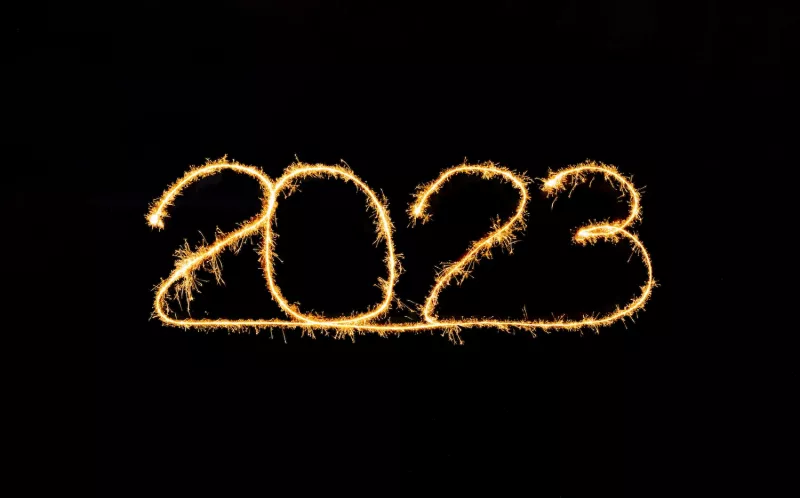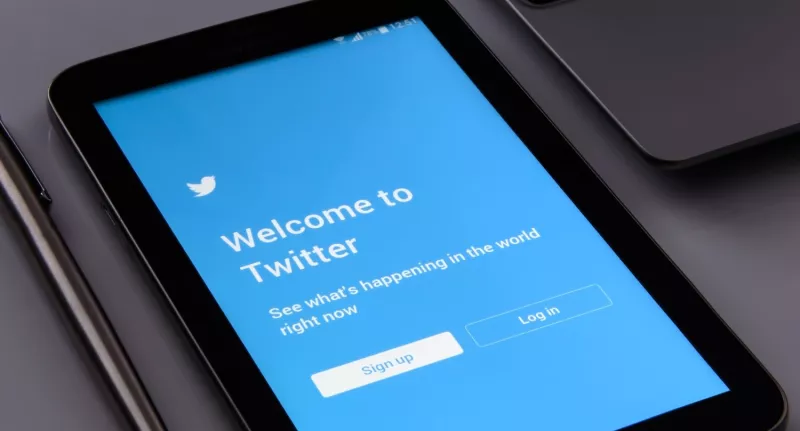2016 Election
Academic Research
-
Journal Article
The Trump Advantage in Policy Recall Among Voters
American Politics Research, 2024
Research in political science suggests campaigns have a minimal effect on voters’ attitudes and vote choice. We evaluate the effectiveness of the 2016 Trump and Clinton campaigns at informing voters by giving respondents an opportunity to name policy positions of candidates that they felt would make them better off. The relatively high rates of respondents’ ability to name a Trump policy that would make them better off suggests that the success of his campaign can be partly attributed to its ability to communicate memorable information. Our evidence also suggests that cable television informed voters: respondents exposed to higher levels of liberal news were more likely to be able to name Clinton policies, and voters exposed to higher levels of conservative news were more likely to name Trump policies; these effects hold even conditioning on respondents’ ideology and exposure to mainstream media. Our results demonstrate the advantages of using novel survey questions and provide additional insights into the 2016 campaign that challenge one part of the conventional narrative about the presumed non-importance of operational ideology.
-
Journal Article
Exposure to the Russian Internet Research Agency Foreign Influence Campaign on Twitter in the 2016 US Election and Its Relationship to Attitudes and Voting Behavior
Nature Communications, 2023
There is widespread concern that foreign actors are using social media to interfere in elections worldwide. Yet data have been unavailable to investigate links between exposure to foreign influence campaigns and political behavior. Using longitudinal survey data from US respondents linked to their Twitter feeds, we quantify the relationship between exposure to the Russian foreign influence campaign and attitudes and voting behavior in the 2016 US election. We demonstrate, first, that exposure to Russian disinformation accounts was heavily concentrated: only 1% of users accounted for 70% of exposures. Second, exposure was concentrated among users who strongly identified as Republicans. Third, exposure to the Russian influence campaign was eclipsed by content from domestic news media and politicians. Finally, we find no evidence of a meaningful relationship between exposure to the Russian foreign influence campaign and changes in attitudes, polarization, or voting behavior. The results have implications for understanding the limits of election interference campaigns on social media.
Reports & Analysis
-
Analysis
Who Has a Policy that Would Benefit You? More Voters Say Trump.
National survey data from the 2016, 2020, and 2024 elections shed light on how candidates' campaign strategies impact voter policy recall.
November 2, 2024
-
Analysis
How Russian Trolls Are Adapting Cold War Propaganda Techniques
A new study shows how states are adapting classic propaganda tactics to social media, and why policymakers must consider how information spreads across platforms to protect voters from these covert campaigns.
May 15, 2020
News & Commentary
-
News
2023 Year in Review: Our Research & Impact
A look at our top articles, events, and more from the past year.
December 18, 2023
-
News
Exposure to Russian Twitter Campaigns in 2016 Presidential Race Highly Concentrated, Largely Limited to Strongly Partisan Republicans
New study shows online push by foreign disinformation accounts didn’t change attitudes or voting behavior — but the disinformation effort may still have had consequences.
January 9, 2023



